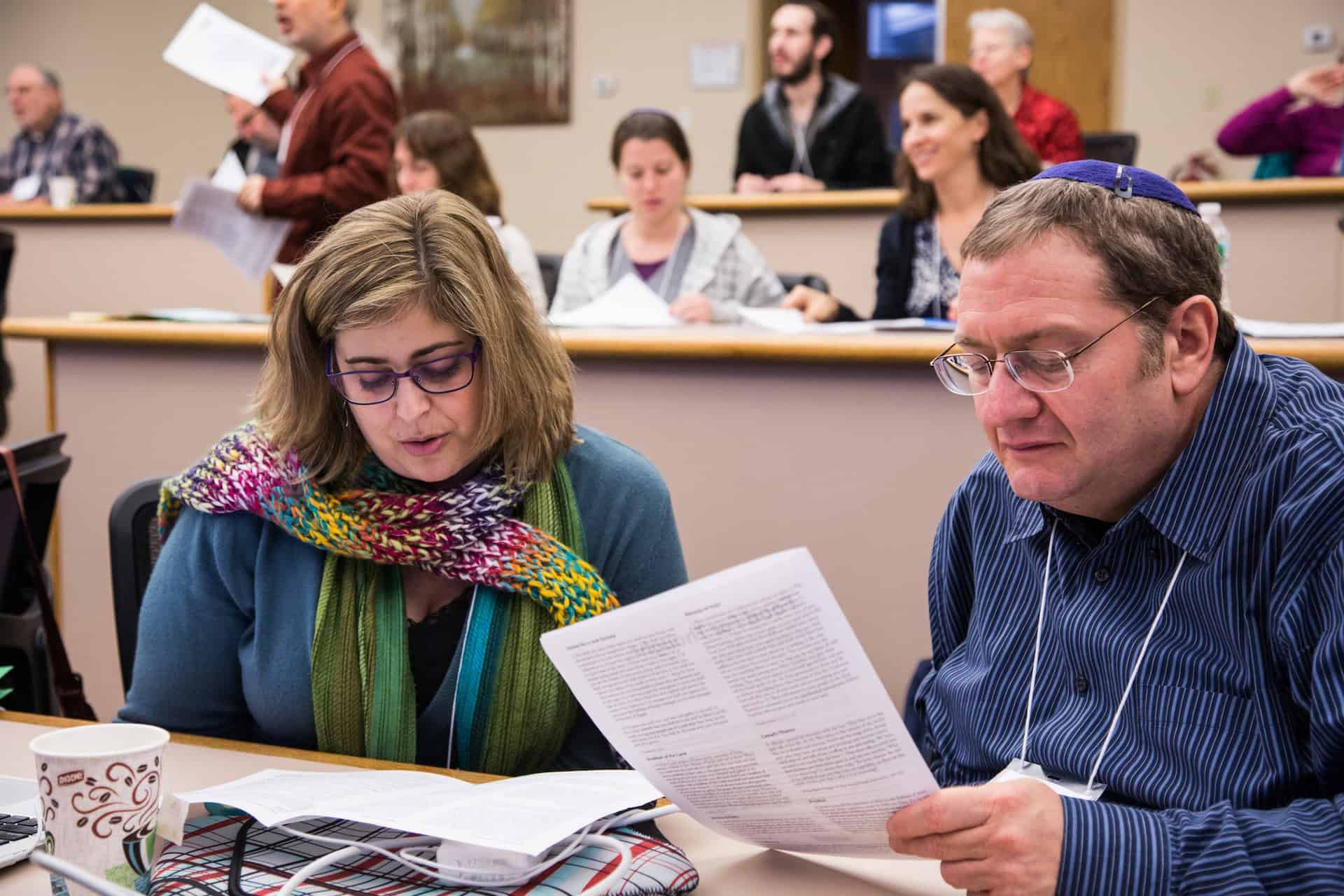Parashat Ha’azinu – 5786
“From the hands of his enemies and from the hands of Saul”
A D’var Torah for Parashat Ha’azinu
By Rabbi Rob Scheinberg
The traditional cycle of Haftarot, prophetic readings for each Shabbat and holiday of the year, is one of the more confusing parts of synagogue ritual, between the numerous differences in practice between Ashkenazic and Sefardic communities, [1] the even greater number of divergences in practice when one considers the Italian and Mizrahi rites, and the quirks of the holiday cycle that are hard for anyone to keep track of without a detailed perpetual calendar (or a website like hebcal.com).
This is one of the relatively few years when traditional Jewish communities read the Haftarah for the Torah portion of Ha’azinu, a poem from the end of the 2nd Book of Samuel (2 Samuel 22). Most frequently, the Torah portion of Ha’azinu is read between Rosh HaShanah and Yom Kippur, prompting the Read More >



